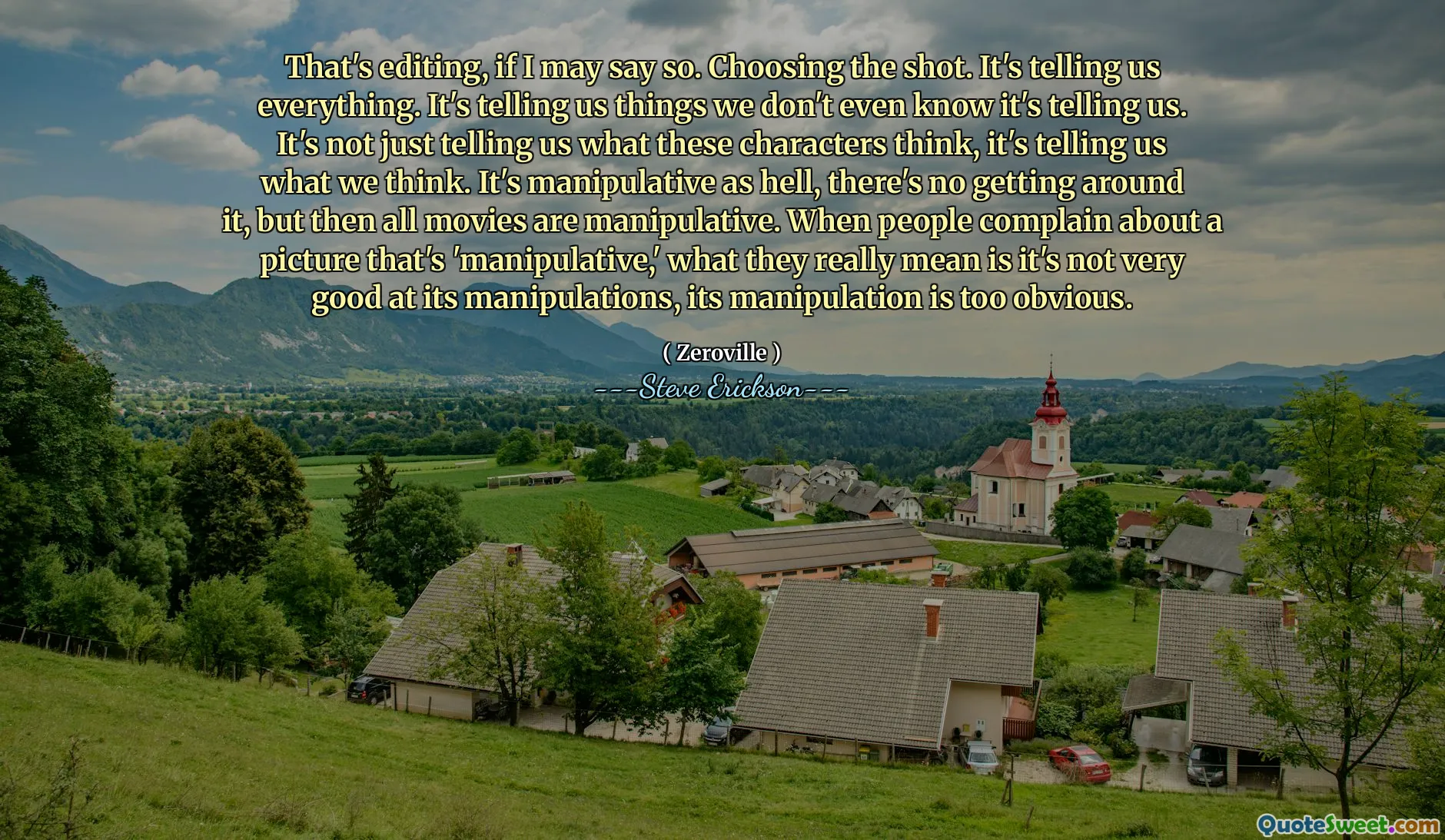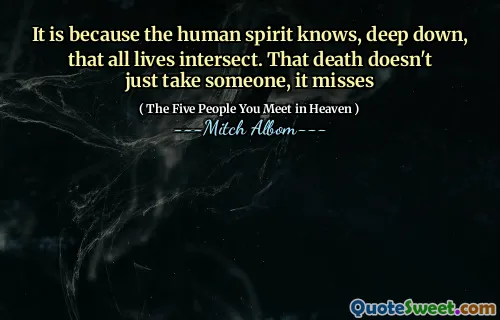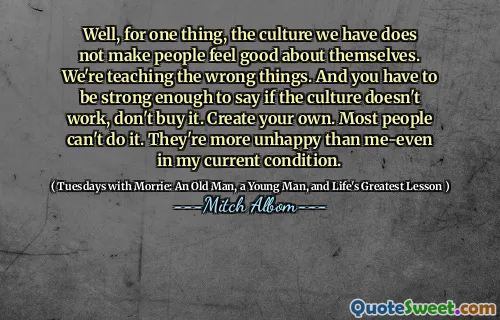
如果我这样说,那是编辑。选择镜头。它告诉我们一切。这是在告诉我们我们甚至都不知道它在告诉我们的事情。这不仅是告诉我们这些角色的想法,还告诉我们我们的想法。它像地狱一样操纵,没有解决,但是所有电影都是操纵性的。当人们抱怨一张“操纵性”的图片时,他们的真正含义是它的操纵不是很好时,其操纵太明显了。
(That's editing, if I may say so. Choosing the shot. It's telling us everything. It's telling us things we don't even know it's telling us. It's not just telling us what these characters think, it's telling us what we think. It's manipulative as hell, there's no getting around it, but then all movies are manipulative. When people complain about a picture that's 'manipulative,' what they really mean is it's not very good at its manipulations, its manipulation is too obvious.)
在编辑电影的背景下,选择镜头的行为在讲故事中起着至关重要的作用。它揭示了潜在的情感和思想,提供了可能并非明显的见解。这种选择不仅反映了角色的观点,还影响了观众的解释,从而影响了他们对叙事的感觉和反应。通过仔细编辑传达的意义层次可以在潜意识的水平上运作,以他们可能无法完全认识的方式引导观众。
但是,这种操纵的性质会引起混合反应。尽管所有电影都采用一定程度的操纵来吸引观众,但当技术感觉太公开或笨拙时,通常会出现投诉。这种反馈通常源于对电影无法有效执行其操纵策略的看法。作者史蒂夫·埃里克森(Steve Erickson)建议,操纵的质量决定了其接收,强调了复杂的平衡编辑必须在微妙和影响之间保持。









